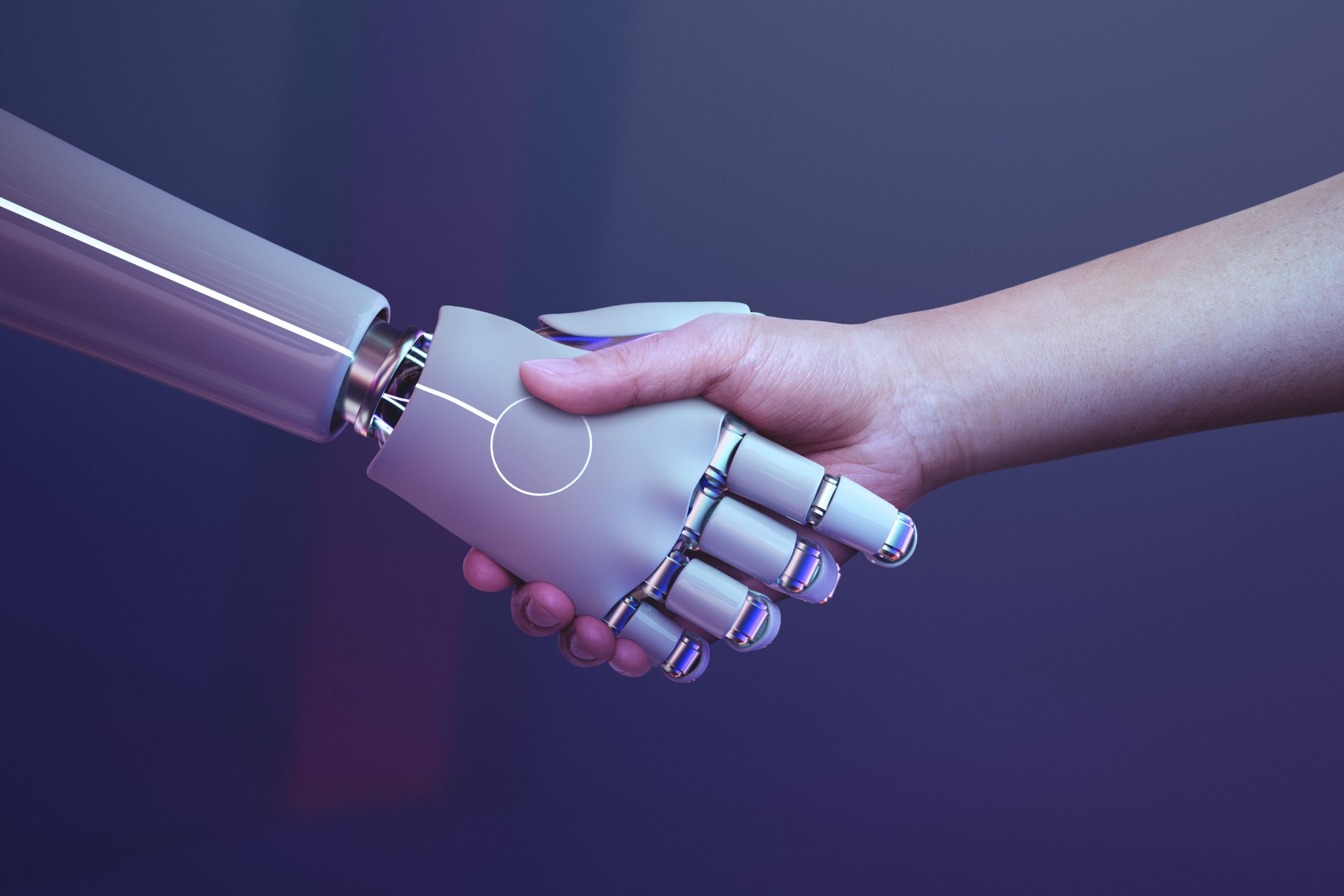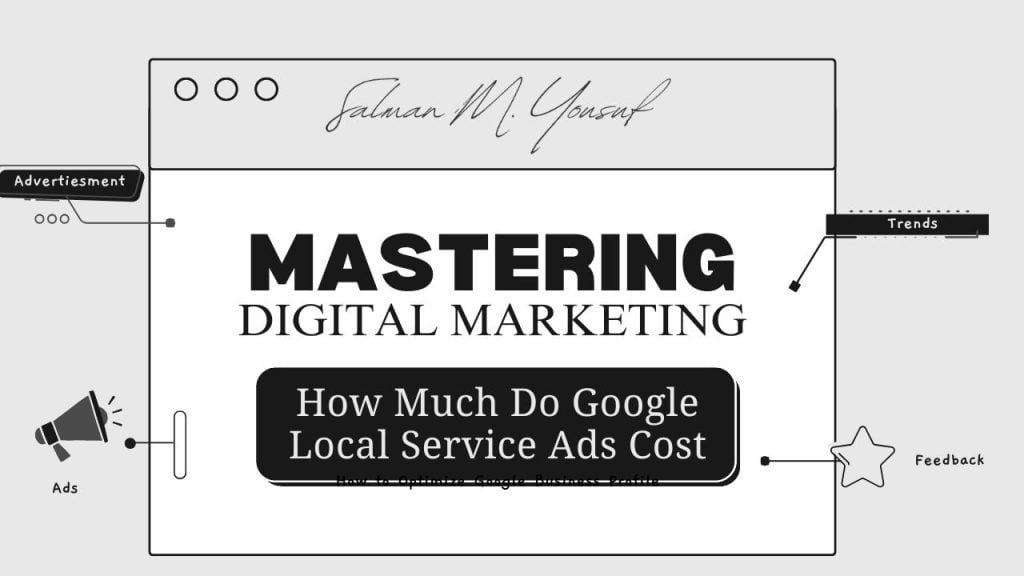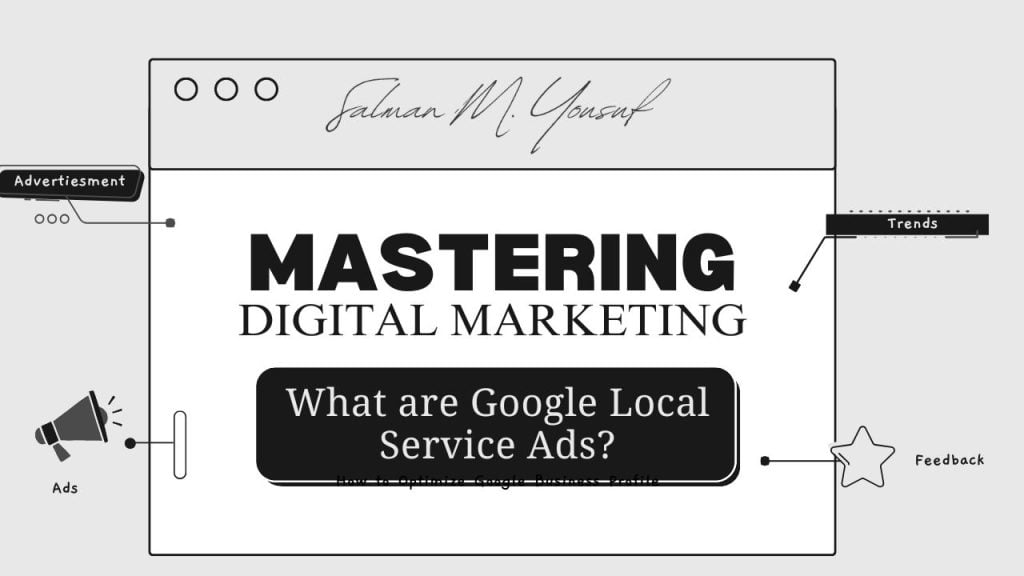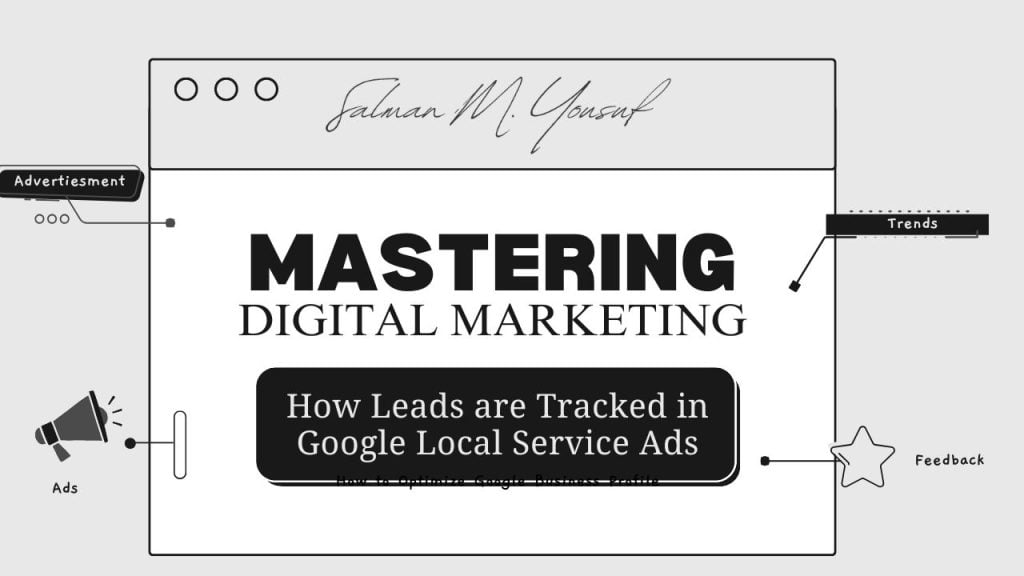The marketing world is in the midst of a revolution. No longer are marketers relying solely on intuition, creativity, or traditional methods of outreach. We are witnessing the rise of AI-powered marketing, a trend that’s rapidly transforming how businesses communicate, engage, and sell. This shift is not just a fleeting trend—it’s here to stay, and it’s shaping the future of marketing as we know it.
In this blog, we’ll dive into the exciting world of AI-powered marketing, exploring its potential, the tools driving its growth, and how businesses can leverage it to stay ahead of the competition.
What is AI-powered Marketing?
At its core, AI-powered marketing is the use of artificial intelligence to enhance marketing strategies, automate tasks, and make data-driven decisions. It combines machine learning, natural language processing, and data analytics to create personalized experiences at scale.
From chatbots that mimic human conversations to predictive algorithms that recommend products, AI is no longer just a sci-fi concept. It’s the invisible hand that’s changing everything, making marketing smarter, more efficient, and surprisingly more human.
Here are some of the key areas where AI is making a monumental impact:
Personalization at Scale
In today’s digital age, consumers expect personalized experiences. However, manually curating content or offers for each individual is impossible. This is where AI steps in.
AI-driven algorithms analyze consumer behavior, preferences, and past interactions to deliver highly personalized content, recommendations, and offers. Netflix and Amazon are prime examples, where AI suggests movies or products you’ll love, making the experience feel tailored just for you.
AI makes it possible to scale personalization — turning what was once a daunting task into something seamless and efficient.
Predictive Analytics
Marketers have always been tasked with predicting future trends, customer preferences, and sales patterns. AI simplifies this process by analyzing vast amounts of data and uncovering patterns that are invisible to the human eye.
Through predictive analytics, AI can forecast outcomes such as customer churn, product demand, or the success of marketing campaigns. This means businesses can make informed decisions, invest in the right areas, and anticipate their audience’s needs before they arise.
Imagine being able to predict exactly what product your customers will want next and when they’ll want it—AI makes that possible.
Chatbots and Customer Interaction
Gone are the days of waiting on hold for customer service. Thanks to AI-powered chatbots, customers can now receive real-time support 24/7. These intelligent assistants are trained to handle a wide range of inquiries, from answering simple questions to resolving complex issues, without ever needing human intervention.
Moreover, chatbots are becoming more sophisticated. They can engage customers in meaningful conversations, mimicking the nuances of human language and delivering personalized experiences. This not only enhances the customer experience but also frees up human agents to focus on more strategic tasks.
Content Creation and Curation
AI doesn’t just analyze data—it can also help create content. AI-powered tools can generate blog posts, social media captions, product descriptions, and more. While we’re still far from replacing human creativity, AI can automate repetitive content tasks, enabling marketers to focus on strategy and big-picture thinking.
Additionally, AI curates content by analyzing user preferences and recommending relevant articles, videos, or products based on individual interests. Platforms like Facebook and LinkedIn use AI to serve users personalized content that keeps them engaged longer.
Dynamic Pricing
One of the most fascinating applications of AI in marketing is dynamic pricing. AI can analyze market demand, competitor pricing, and customer behavior to adjust prices in real-time. This ensures that businesses can offer competitive prices while maximizing profit margins.
Think of how airlines adjust prices based on demand or how Uber’s surge pricing works—these are prime examples of AI-driven dynamic pricing at play.
Why AI-powered Marketing is the Future
The future of marketing is undeniably intertwined with artificial intelligence. Here’s why:
Efficiency and Automation
Marketers often find themselves buried under a mountain of tasks: segmenting audiences, sending emails, managing ad campaigns, analyzing data, and more. AI can automate many of these tasks, freeing up time and resources for more strategic endeavors.
From scheduling social media posts to launching targeted ads, AI can handle mundane tasks with ease, ensuring that marketers can focus on what they do best: being creative and developing winning strategies.
Data-driven Decision Making
Data is the lifeblood of modern marketing. AI can process vast amounts of data in seconds, uncovering insights that humans would take weeks, if not months, to discover. This means decisions are no longer based on hunches or historical trends but on real-time data and predictive models.
Marketers can now track customer behavior, pinpoint trends, and adjust their strategies dynamically. The result? More effective campaigns that deliver better ROI.
Improved Customer Experience
Today’s consumers are more demanding than ever. They want fast, personalized service, and they want it now. AI enables businesses to meet these expectations by delivering tailored experiences in real-time.
From personalized emails to product recommendations, AI ensures that customers feel valued and understood, creating deeper loyalty and driving repeat business.
Scalability
One of the most significant challenges for growing businesses is scaling their marketing efforts without sacrificing quality. AI allows companies to scale their marketing initiatives effortlessly. Whether it’s reaching a global audience or handling millions of customer interactions, AI makes it possible to grow without growing pains.
Challenges and Considerations
While AI-powered marketing is full of promise, it comes with some challenges. Companies need to be aware of potential pitfalls:
- Data Privacy: With great power comes great responsibility. As AI becomes more integral to marketing, ensuring the protection of customer data is paramount. Consumers are becoming increasingly wary of how their data is used, so businesses must adopt transparent practices to maintain trust.
- Ethical Concerns: AI can inadvertently perpetuate biases in data. Ensuring fairness and eliminating bias from AI algorithms is crucial to prevent marketing campaigns from reinforcing stereotypes or marginalizing certain groups.
- Integration: Implementing AI tools can be complex, particularly for businesses that aren’t already tech-savvy. Investing in training and ensuring seamless integration with existing systems is critical for success.
Embrace the Future of Marketing
AI-powered marketing isn’t just a glimpse into the future — it’s happening now. Businesses that embrace AI will have a significant edge over their competition, delivering personalized, data-driven experiences that customers crave.
The tools are already here, and the potential is limitless. As AI continues to evolve, we’ll likely see even more exciting innovations that will further revolutionize the marketing landscape.
Conclusion
AI is more than just a tool — it’s the key to unlocking new possibilities in marketing. From enhanced customer experiences to scalable, personalized campaigns, AI is transforming every aspect of the industry. The question now is, how will you leverage it to stay ahead in the race?
Don’t wait for the future to arrive. The future of marketing is here, and it’s powered by AI.





